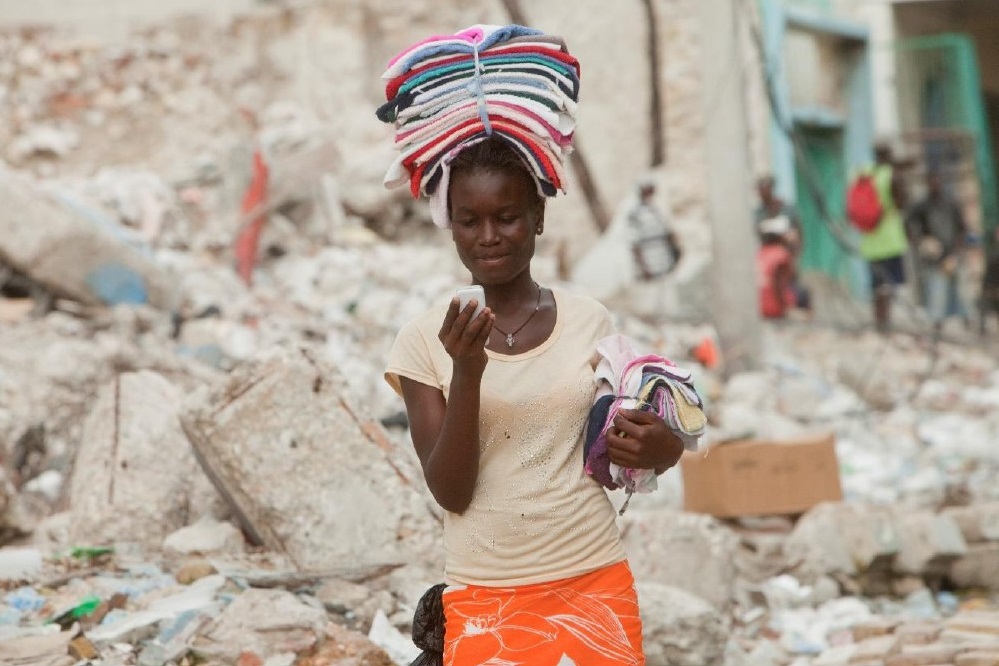
Gender and Financial Inclusion
2016 - 2017
Bill and Melinda Gates Foundation
Aslihan Kes
Meaningful financial inclusion has the potential to vastly improve the well-being of individuals and households globally and contribute to poverty reduction. Indeed, using well-designed financial services and products can help micro and small enterprises expand, reduce household vulnerability to income shocks, and promote more equitable growth. Conversely, lack of access to financial products and services can leave households subject to predatory lending practices and with recourse to insecure savings methods (such as “under the mattress”). With uneven income and earnings and limited household-bargaining power, it becomes even more important for women to have access to financial services tailored to their needs and preferences. Digital financial products and services have recently become available and can reach underserved populations, reducing transaction costs, and banking remote villages and communities. Yet despite the potential, it is still unclear to what extent these types of services will expand access for poor women.
The systematic review conducted by the International Center for Research on Women (ICRW), supported by the Bill and Melinda Gates Foundation attempted to answer questions about how digital financial inclusion can meet women’s needs. ICRW delved into the financial inclusion literature and identified gaps in research and practice to inform the field going forward. ICRW combed through approximately 1,300 articles, screening for a clear focus on gender and coding for several types of financial products and services, barriers to use and access, and impacts of programming or use of services. While drafting the final report, ICRW staff presented findings, seeking input and feedback, at several events, including the 2017 Women’s Economic Empowerment Global Learning Forum in Bangkok.
Through this systematic review, ICRW identified gaps in the digital financial inclusion research ranging from geographic gaps (a dearth of literature on MENA region), to gaps in the level of analysis (the literature disproportionately focuses on the micro sphere and the impacts at the household and individual level with comparatively fewer reports and studies on the meso and macro spheres), and thematic gaps (the digital financial inclusion literature lacks more in-depth research on gender norms, agency and empowerment, time use and labor market outcomes).
Here is our report following our systematic review.

